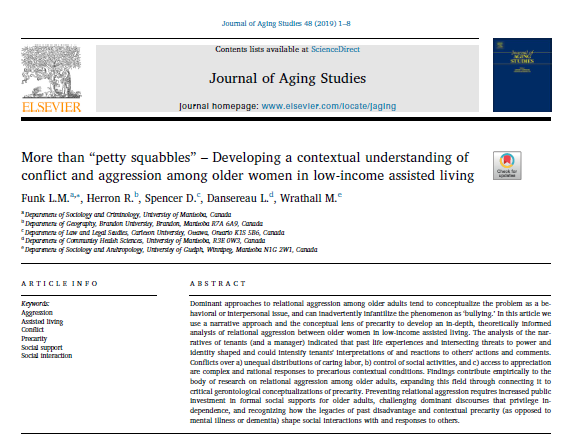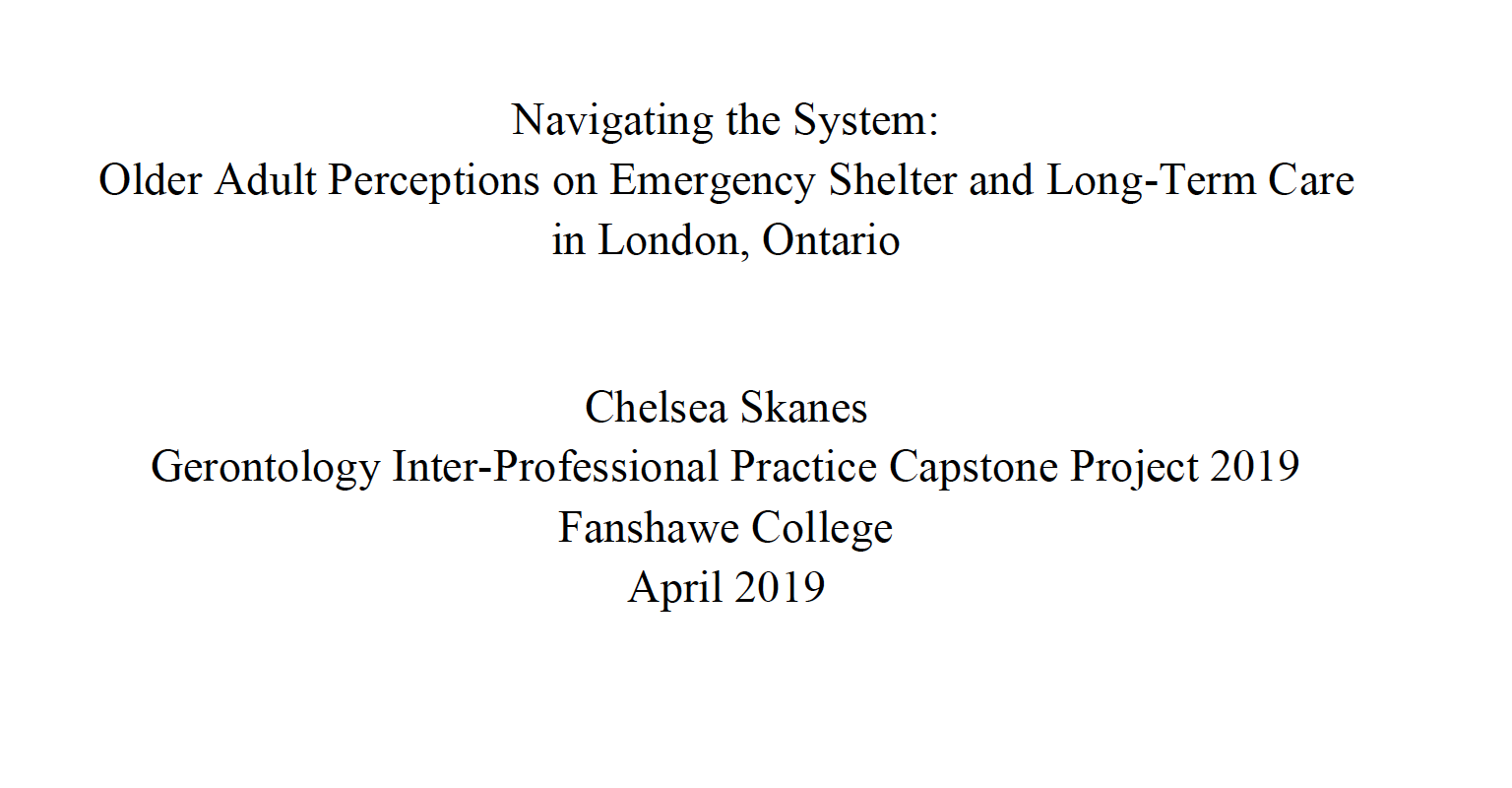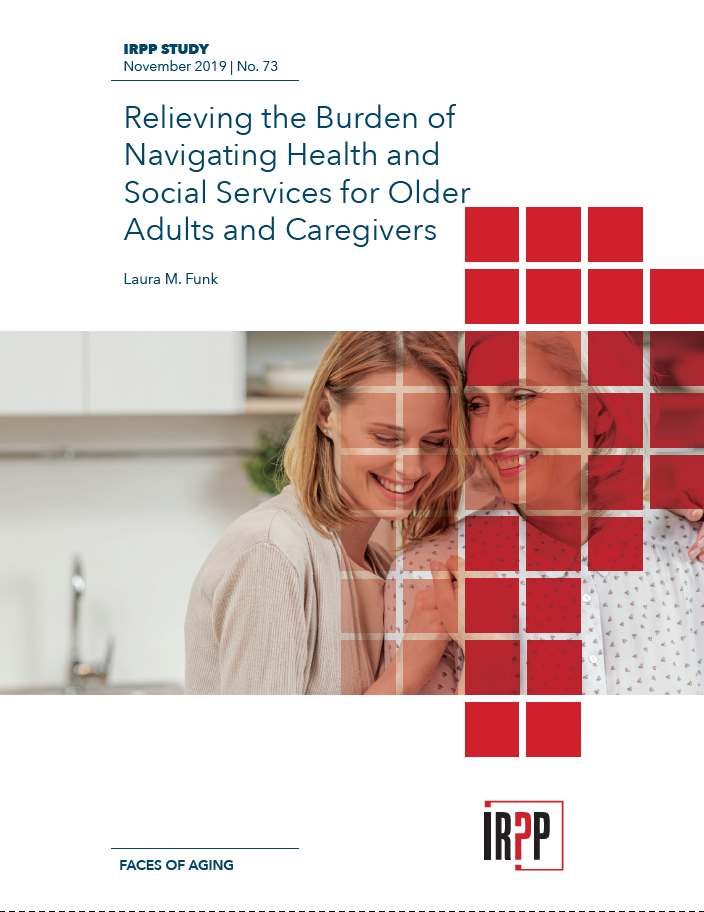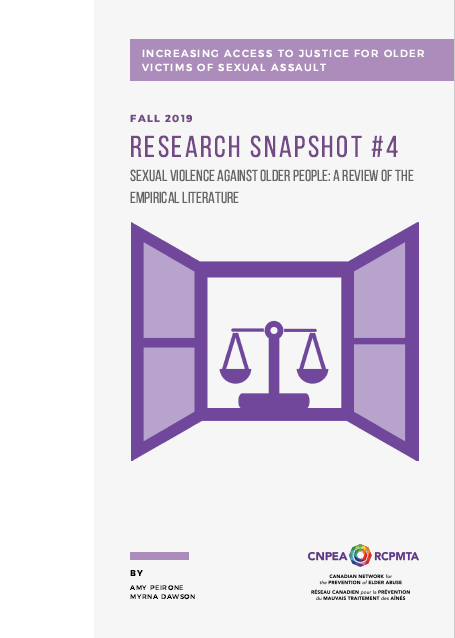Studies
The following is part of our project “Increasing Access to Justice for Older Adult Victims of Sexual Assault: A Capacity Building Approach”, funded by the Justice Canada Victims Fund.Learn more about this project or consult the full list of resources
ABSTRACT:
Implicit ageist beliefs about the warmth and incompetence of older adults may influence jurors’ perceptions and judgments of an older adult’s competence in legal cases hinging on capacity and consent, including elder sexual abuse. However, little is known about the nuances of implicit agism in elder sexual abuse cases, and if it can be attenuated. The current study proposed to address these gaps via a randomized vignette design administered to a community sample of 391 US adults. Mock juror participants evaluated an elder sexual abuse case involving an older married couple, in which the victim had dementia. Results suggest that implicit agism was present among mock jurors, consistent with a warm-incompetence bias, and was predictive of mock jurors’ guilt ratings. Age and dementia-relevant jury instructions and mock juror gender were not found to be predictive of guilt ratings. Implicit agism among jurors should be addressed to reduce the potential for implicit age bias to affect elder sexual abuse cases.
Maggie L. Syme & Tracy J. Cohn (2019): Elder sexual abuse and implicit agism: examining the warm-incompetent bias among mock jurors, Journal of Elder Abuse &Neglect, DOI: 10.1080/08946566.2019.1695696
To access the full article: Journal of Elder Abuse and Neglect
 Abstract:
Abstract:
"Dominant approaches to relational aggression among older adults tend to conceptualize the problem as a behavioralor interpersonal issue, and can inadvertently infantilize the phenomenon as ‘bullying.’ In this article we use a narrative approach and the conceptual lens of precarity to develop an in-depth, theoretically informed analysis of relational aggression between older women in low-income assisted living. The analysis of the narratives of tenants (and a manager) indicated that past life experiences and intersecting threats to power andidentity shaped and could intensify tenants' interpretations of and reactions to others' actions and comments.Conflicts over a) unequal distributions of caring labor, b) control of social activities, and c) access to appreciationare complex and rational responses to precarious contextual conditions. Findings contribute empirically to the body of research on relational aggression among older adults, expanding this field through connecting it to critical gerontological conceptualizations of precarity. Preventing relational aggression requires increased public investment in formal social supports for older adults, challenging dominant discourses that privilege independence, and recognizing how the legacies of past disadvantage and contextual precarity (as opposed to mental illness or dementia) shape social interactions with and responses to others."
Funk L.M., Herron R., Spencer D., Dansereau L., Wrathall M.
Source: Journal of Aging Studies
 ''Canada’s aging population has highlighted gaps in service provision, particularly to those experiencing homelessness. There is little to no documentation or research that has been conducted on older adults experiencing homelessness and their knowledge and/or experiences of long-term care. This research project offers insight into the knowledge of older adults residing in emergency shelter and their knowledge of long-term care in London, ON. Semi-structured qualitative interviews were conducted with three participants over the age of fifty. While research was conducted on a small scale, initial findings offer insight into where there are gaps in knowledge about long-term care in homeless populations.''
''Canada’s aging population has highlighted gaps in service provision, particularly to those experiencing homelessness. There is little to no documentation or research that has been conducted on older adults experiencing homelessness and their knowledge and/or experiences of long-term care. This research project offers insight into the knowledge of older adults residing in emergency shelter and their knowledge of long-term care in London, ON. Semi-structured qualitative interviews were conducted with three participants over the age of fifty. While research was conducted on a small scale, initial findings offer insight into where there are gaps in knowledge about long-term care in homeless populations.''
Source: Skanes, Chelsea. (2019). Navigating the System: Older Adult Perceptions on Emergency Shelter and Long-Term Care in London, Ontario. Gerontology Inter-Professional Practice Capstone Project. Fanshawe College.
See the research poster here
 ''Canada’s aging population faces a harsh reality: growing numbers of older Canadians with chronic illnesses, disabilities and cognitive impairment are regularly discouraged by the efforts required to access and coordinate fragmented health and social care services. These challenges are often most profound for those who cannot rely on help from family members or friends, but they add greatly to caregivers’ burden as well. In this study, Laura Funk argues that navigation problems are rooted in the structures and operations of existing care systems, as well as the downloading of administrative and coordination tasks to individual patients and their families. In her view, navigation work must be transformed from a private struggle into a public responsibility. (...)
''Canada’s aging population faces a harsh reality: growing numbers of older Canadians with chronic illnesses, disabilities and cognitive impairment are regularly discouraged by the efforts required to access and coordinate fragmented health and social care services. These challenges are often most profound for those who cannot rely on help from family members or friends, but they add greatly to caregivers’ burden as well. In this study, Laura Funk argues that navigation problems are rooted in the structures and operations of existing care systems, as well as the downloading of administrative and coordination tasks to individual patients and their families. In her view, navigation work must be transformed from a private struggle into a public responsibility. (...)
Although there has been an expansion of navigation supports in recent years, existing programs, whether provided by nonprofit organizations or by government agencies, are often specific to particular care-setting transitions, such as from hospital to home, or to people with particular health conditions, such as cancer or dementia. Availability varies greatly across regions and locations of care. A dedicated, comprehensive policy strategy is needed to reduce the navigation burden for broader patient and caregiver populations.
The author proposes a three-pronged patient-centered approach to alleviate navigation problems. It consists of improving service information, expanding public navigation programs and better integrating care services for older adults. Removing the navigation hurdles faced by older persons and their caregivers is key not only for improving their health and well-being but also for preventing exhaustion among caregivers and reducing inequities in service access. Doing so could also make it possible for older adults to remain at home longer if they wish to do so.''
Source: Institute for Research on Public Policy
The following is part of our project “Increasing Access to Justice for Older Adult Victims of Sexual Assault: A Capacity Building Approach”, funded by the Justice Canada Victims Fund.Learn more about this project or consult the full list of resources
 This is the fourth in a series of Research Snapshots which are being produced for the CNPEA's Access to Justice for Older Victims of Sexual Assault project. Each Snapshot features a relevant research study or resource from Canada or emerging topics that have been identified in other countries.
This is the fourth in a series of Research Snapshots which are being produced for the CNPEA's Access to Justice for Older Victims of Sexual Assault project. Each Snapshot features a relevant research study or resource from Canada or emerging topics that have been identified in other countries.
Snapshot #4 summarizes the first comprehensive review incorporating empirical research on sexual violence against older people across multiple disciplines and fields of study.
Article Citation: Bows (2017). Sexual Violence Against Older People: A Review of the Empirical Literature. Trauma, Violence, & Abuse, 1-17.
Authors of the snapshot: Amy Peirone and Myrna Dawson
Page 3 of 8

















